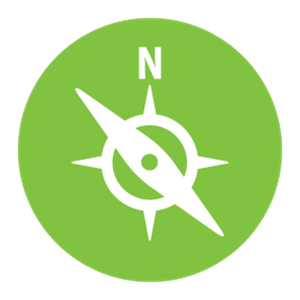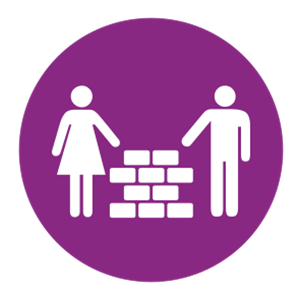Duke of Ed Award Framework
Scouts Victoria will offer the Bronze Award as an introduction with the Silver Award to align with the Venturer King's Scout Award requirements under Achievement Pathways. Scouts can continue to the Gold Award either as a Venturer or Rover.
This downloadable chart outlines the Award Framework.
The tabs below show the aim, ethos, benefits and examples of each section of the framework.







